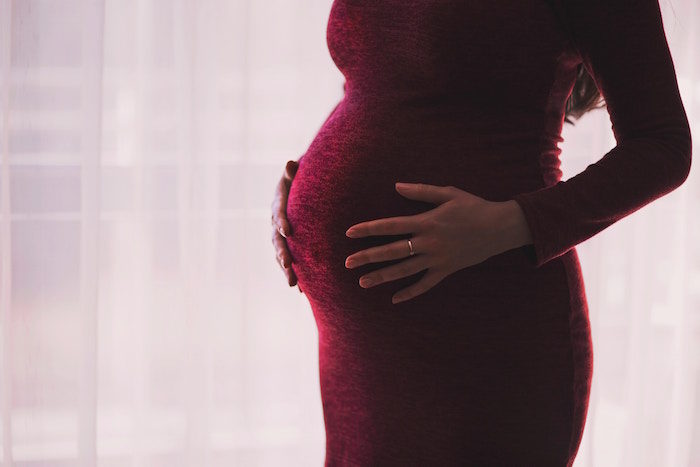 At this point in my life, I’m not planning on having children any time soon; however, I would like to have the option to make that decision when the day comes. Yet, after reading several studies released this year, I’ve realized I might not get to. We, as the human race, soon might not get to make that decision. Numerous studies have been done regarding climate change and its effect on fertility, and the results are looking grim for us.
At this point in my life, I’m not planning on having children any time soon; however, I would like to have the option to make that decision when the day comes. Yet, after reading several studies released this year, I’ve realized I might not get to. We, as the human race, soon might not get to make that decision. Numerous studies have been done regarding climate change and its effect on fertility, and the results are looking grim for us.
Climate Change and Sex Ratio
For some time, scientists have discussed the effects of natal stress and the sex of the baby. According to research, mothers that are more stressed during pregnancy are less likely to have a boy. However, new studies from Japan shows that climate change-related stress is affecting this ratio. As we all know, stress can be caused by countless things. Ever since moving to Colorado and my 20-minute commute turning into a 2-hour nightmare on icy roads, I have become way too familiar with environmental stressors. This hellish drive may only be affecting my anxiety for the day, but for some women, it may be affecting their entire lives.
Climate change is the drastic environmental shift that makes everything unpredictable. Temperatures swiftly change from hot to cold, the winters are colder and longer, the summers are unbearable. It’s a much different definition from years past when it was believed just to be increasing temperatures all over the world. These drastic changes are starting to affect birth ratios globally. Dr. Fukuda led a study looking at the link between temperature fluctuations and male-to-female birth ratios. His team found that colder weather brought fewer boys, while warmer environments had more boy births. It was also discussed that other phenomenon caused by climate change, such as tropical storms, forest fires, floods, etc., would bring fewer boys since the events caused stress to the mother.
Climate Change and Fertility
But there is more to the story: we might not get to contemplate a society mainly made up of women, after all. Another study released this year by Dr. Graziella Iossa and Dr. Paul Eady at the University of Lincoln explored the effects of extreme temperatures on fertility. Dr. Iossa explains that the male reproductive organ is located on the outside of the body “because sperm is damaged by excessive heat inside the body.” The researchers found that males become infertile faster than females when exposed to excessive heat. The study also showed a decline in births after higher temperatures as well. This loss of fertility might end up being the reason many species fall due to climate change.
When I hear about the end of the world due to climate change, I imagine all of these gruesome ways of dying that I don’t wish to terrorize people by writing down. I never thought it would come in such a slow way that could lead to the extinction of thousands of species, including us. But we believe we still have time to prevent the Earth from becoming a ghost town, and will continue to share how we can mobilize against climate change in the most effective and efficient way: Eat plant-based, be less wasteful, and share the knowledge.
Also by Iga: New Study Reveals We Eat A Credit Card’s Worth Of Plastics In A Week. How To Minimize
What Actually Was Achieved By The UN Climate Summit? The Good, The Bad, The Ugly
Get more like this—Sign up for our daily inspirational newsletter for exclusive content!
__
Photo: freestocks.org on Unsplash; Jessica Nichols via Flickr





